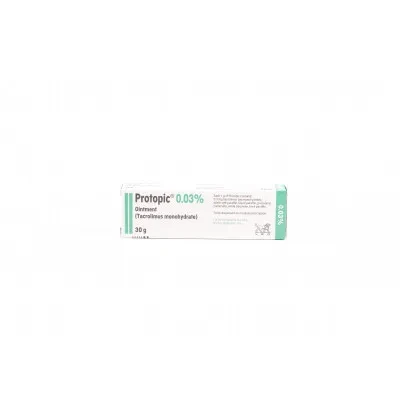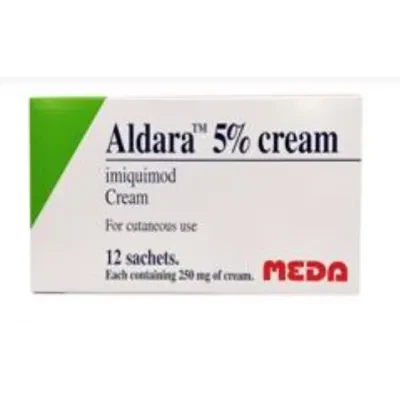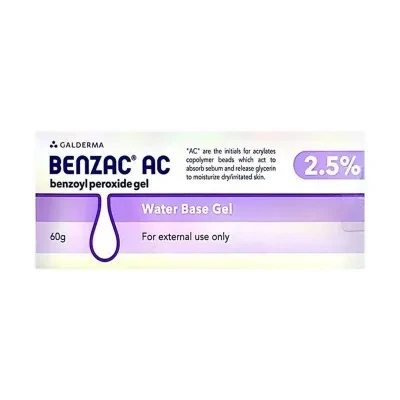

CONTRACTUBEX 20 GM GEL
(0
reviews)
SKU:
Price:
KD 1.310
Share:
- Contractubex® Gel, a proven scar treatment product, has been proven in numerous clinical studies.
- The active ingredients of the gel penetrate the scar tissue and help to reduce scar formation from the inside
- Extractum cepae anti-inflammatory and bactericidal properties that prevents formation of excessive scar tissue.
- Heparin is softening the tissue structure, has anti-inflammatory and anti-swelling properties, supports cell and tissue regeneration and is able to bind water to the scar tissue.
- Allantoin encourages wound healing and has a softening effect, promotes penetration through the skin and relieves the itching often associated with scar formation.
- Brand: Contractubex
- Size: 20 g
There have been no reviews for this product yet.
Top Selling Products
-
RESKIN SCAR SILICONE PATCH 4X15 - LARGR
KD 33.600 -
AVALON M/W ALCOHOL FREE 300 ML
KD 3.250 -
GILLETTE VENUS RIVIERA
KD 1.600 -
AVEENO DERMEX EMOLLIENT WASH 300ML
KD 8.500 -
NATURES AID ANTARCTIC KRILL OIL 60 SOFTGEL
KD 17.400 -
AVENE CLEANANCE COMEDOMED 30 ML
KD 14.170

















